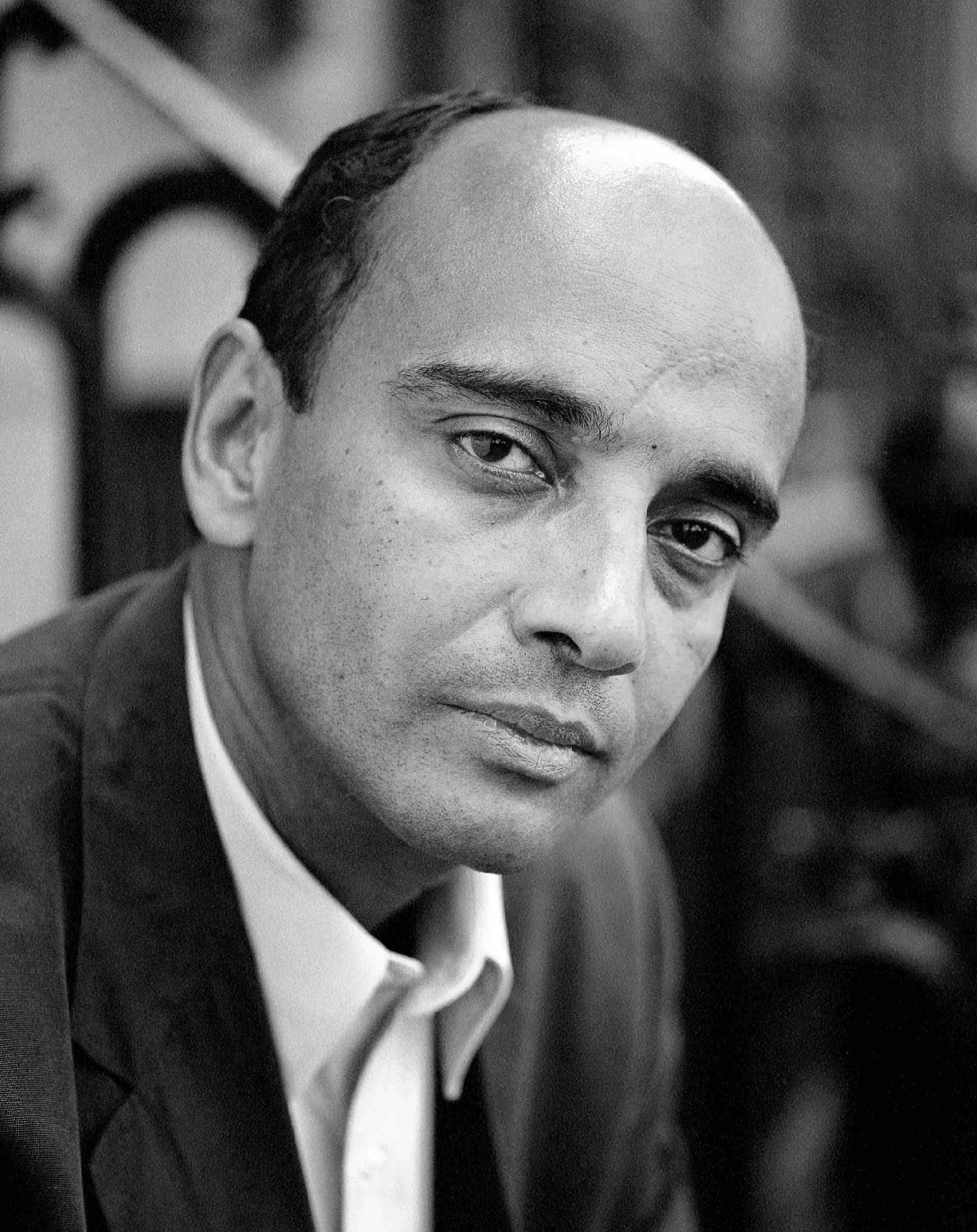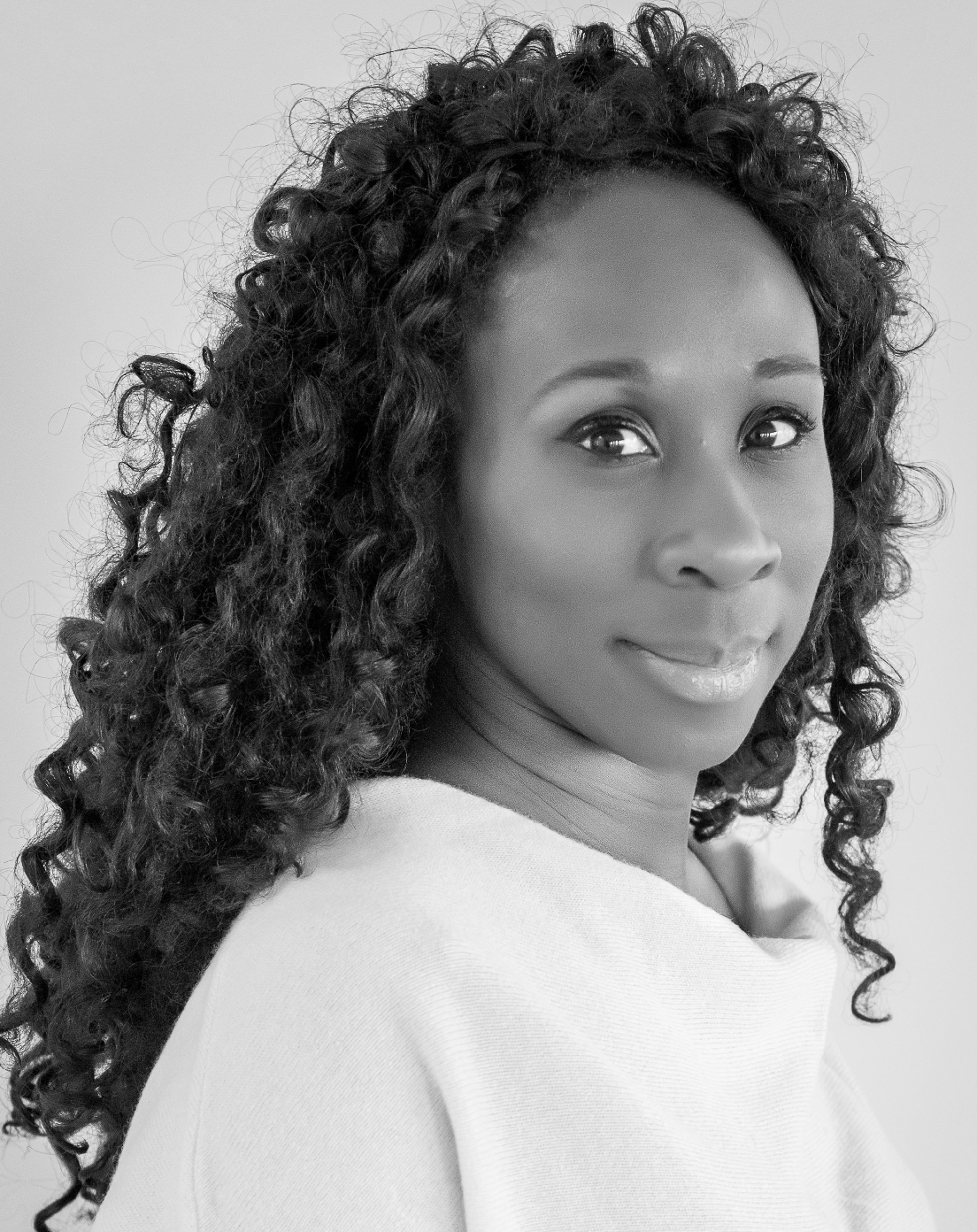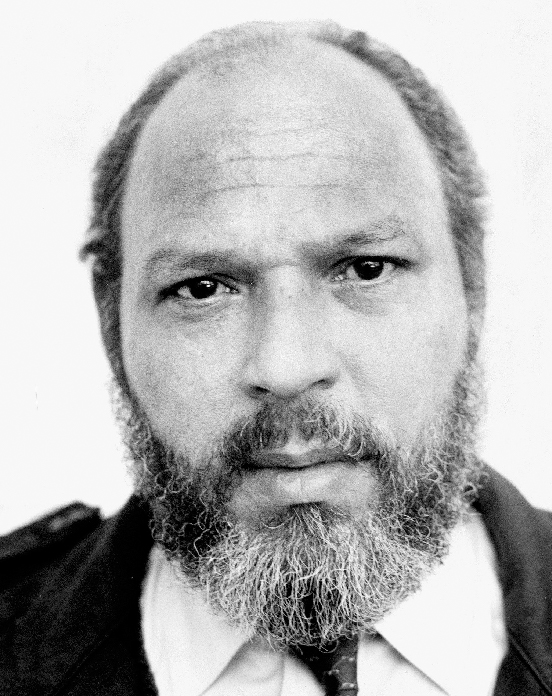It’s so often repeated that it has lost most of its meaning, but the old saying is true: “You can’t know where you’re going if you don’t know where you’ve been.” Anisfield-Wolf jury chair Skip Gates’ latest PBS show, “Finding Your Roots” takes it one step further by connecting the past and the future. In the video above, he assists Newark mayor Cory Booker and Sen. John Lewis (1999 nonfiction winner) in exploring their past. Check out the video and let us know – what questions do you have about your past? What would you hope researchers could find out about your family?
Tag: video
“This book is the first serious study of the phenomenon of dehumanization,” David Livingstone Smith says in this recent interview on his book, Less Than Human. “No one has really looked into what goes on when human beings think of other groups of human beings as sub-human creatures.”
Check out the full interview to see how dehumanization has contributed to global crises like the Holocaust and global wars. Visit his website at RealHumanNature.com.
We’ll be spending this week exploring the lives and works of the 2012 Anisfield-Wolf Award winners. Today we’re recognizing Esi Edugyan, who won the 2012 Anisfield-Wolf Award for Half-Blood Blues.
- She counts Leo Tolstoy and Alice Munro among her favorite writers of all time: “Tolstoy has given me the most, year after year, without fail. I return to him for his scope, his sense of human destiny, the vastness of his vision. Alice Munro, for the precision of her writing, the sharp corners she can turn between sentences. There are many others – dozens and dozens! – of course.”
- If she wasn’t a writer, she’d still be doing something creative: “I honestly don’t know. On those days when you’re having problems and dreaming of greener pastures, you know, you think about it…I thought I’d study law or might do something else artistic – like dance, perhaps. Definitely something creative. As an adult I took a lot of dance classes, but wish I had danced as a child. Or singing. I would love to have trained my voice up.”
- Does she believe in writer’s block? “If something isn’t coming, I think the angle from which you’re entering the work is not right, and you just have to change it. I think the business is difficult – getting an audience in all of this, I mean. You finish a book and you’re really excited, and it might not perform the way you (or others) want it to perform, and you wonder why certain books aren’t more celebrated, and why others are, and so many great books seem to slip through the cracks. It can seem quite arbitrary.”
- How did she cope when her initial publisher for Half-Blood Blues went bankrupt and her novel was “homeless” for a couple months? She addresses that, as well as her reaction to the book’s popularity, in this video.
- Edugyan was a finalist for the Booker Prize, for which she recorded this video of a reading of Half-Blood Blues:
We’ll be spending this week exploring the lives and works of the 2012 Anisfield-Wolf Award winners. First up is David W. Blight, 2012 winner for nonfiction, for his work, American Oracle: The Civil War in the Civil Rights Era.
- He’s working on a biography of Frederick Douglass to be released in 2013.
- He is, as to be expected from his body of work, one of the nation’s most preeminent scholars on the Civil War. (Read his thoughts on whether the war could have been prevented.)
- His course at Yale, The Civil War and Reconstruction Era, 1845-1877, is available for free on Yale’s Open Courses website. Check it out here.
- His work has been acknowledged by many, as his long list of awards and accolades can prove. He’s won the Frederick Douglass Prize, the Lincoln Prize, the Merli Curti Award, the James A. Rawley Prize, and Bancroft Prize and now, an Anisfield-Wolf Book Award.
- He believes: “The civil war is an event (and will probably always be an event) through which Americans have to somehow define themselves. It’s the event that first tested and destroyed the original American republic…” Catch the rest of his thoughts here:
Each week, we’ll be helping you to get to know our winners better (what a great bunch they are) and highlighting the best of their work, interviews and essays. This week, our focus is on Ernest J. Gaines, our 2000 Lifetime Achievement winner.
“…to me, without books, life would be a mistake.” In this video with the National Endowment for the Arts, Ernest J. Gaines sat down to talk about one of his most popular books, A Lesson Before Dying. He talks about getting paid to write letters for the less-literate members of the community (getting a nickel or a tea cake for his efforts), about learning from white writers, about his humble beginnings. It’s worth watching if you value good conversations about literature.
Each week, we’ll be helping you to get to know our winners better (what a great bunch they are) and highlighting the best of their work, interviews and essays. This week we’ll be sharing the best of Zadie Smith with you, our 2006 winner for fiction.
We celebrated Zadie Smith’s work in 2006 after the release of her third book, On Beauty. A powerful story about cultural differences and conservative values, On Beauty has also won the Orange Prize for Fiction. In the video below, Smith reads a section of her novel during the PEN World Voices Festival.
Oprah’s impact on the world of literature can not be understated. It is estimated that Oprah’s Book Club was instrumental in selling more than 30 million books. Her impact continues to be felt. In one of her last episodes of “The Oprah Winfrey Show,” students at the KIPP Believe Prepatory School in New Orleans were in a newly refurbished library after the devastation of Hurricane Katrina, but they didn’t have any books. In honor of Oprah, Target worked to restock and redesign their library, as well as 24 other school libraries around the country.
Each week, we’ll be helping you to get to know our winners better (what a great bunch they are) and highlighting the best of their work, interviews and essays. This week we’re highlighting Oprah Winfrey, 2010 winner for lifetime achievement.
Now, we wavered a bit on highlighting Oprah because she is so well known. With her talk show ending its 25-year run in 2011 and Oprah taking the reins of her new channel, OWN, the media has been covering Oprah from every angle, dissecting her influence on the world at large.
But we at Anisfield-Wolf selected Oprah to win the 2010 Anisfield-Wolf award for lifetime achievement because of her impact on the world of literature. She keeps innovating and striving to change the world and that’s something we can get behind. Learn more about Oprah in her 2008 Standford commencement address where she posits, “Inner wisdom is greater than wealth.”
Langston Hughes would have turned 100 this year and in a fitting tribute to his life and literary contributions, the Library of Congress selected two poets—Dolores Kendrick and Evie Shockley—to read selections of his work and discuss Hughes’ influence on their own writing. Take a look.
Each week, we’ll be helping you to get to know our winners better (what a great bunch they are) and highlighting the best of their work, interviews and essays. This week we’re highlighting Langston Hughes, 1954 winner for fiction.
This mini-bio of Langston Hughes talks about his prolific writing career and how he was one of the first African American writers to support himself solely through his work.
“I have to care so much about something if I’m going to sit and write about for a couple of years. There’s enough books in the world already, there’s no reason to make another one. Unless there’s a feeling that’s incredibly pressing. That’s the reason why you write.”
Nicole Krauss sits down in this brief interview with the Sundance Channel to discuss what commonalities exist between her characters and why she, and other writers, feels the pull to write.
How do we change the face of education worldwide? Is it simply a matter of producing better teachers? Donating money for repairs and renovations of some of the most dilapidated schools? Is it by working more closely with parents? Staff at the Open Society Foundations decided that an conversation on worldwide education had to start with a conversation on culture. They tapped several writers to contribute to the project—Chimamanda Adiche (writing on Nigeria), Aleksander Hemon (on Bosnia), Tahmima Anam (on Bangladesh), Petina Guppah (on Zimbabwe), Nathalie Handal (on Haiti), Rachel Holmes (on Palestine), Nick Laird (on Nepal), Kamila Shamsie (on Pakistan), Hardeep Sing Kholi (on India), and Zukisa Wanner (on South Africa).
Zadie Smith (also an Anisfield-Wolf award winner) wrote the introduction to the series. In the video above, Kamila talks about her initial reactions to the project and what she hopes others will get out of it.
To see the essays in their entirety, visit Guernica magazine’s website.
Each week, we’ll be helping you to get to know our winners better (what a great bunch they are) and highlighting the best of their work, interviews and essays.
We’ve dedicated this week to all things concerning Kamila Shamsie, 2010 winner for fiction. Check out this video in which she discusses having a cosmopolitan with one of Shakespeare’s characters, the one book she just doesn’t “get,” and her biggest annoyance about book critics.
Each Friday we’ll be bringing you news about your favorite authors, literature and books in general. Tell us what you think in the comments:
Sweet Blackberry, founded by actress Karyn Parsons, is an educational foundation and production company whose mission is to use the power of storytelling to educate, empower, and inspire kids from all backgrounds. The organization showcases stories of African Americans, immigrants, women or disabled individuals to highlight their courage and accomplishments. This trailer is a behind-the-scenes look at their mission, their process and their goals.
Tri-C student Brian Ivey interviewed Isabel Wilkerson after her February talk on campus. Check out the video and hear about her connection to her work, The Warmth of Other Suns, and why she felt an “urgency” to complete the project.
The Smithsonian’s National Museum of African American History and Culture has its groundbreaking a few weeks ago, but its website is already ready for visitors. Check out some of the exciting exhibits planned, and follow along with the museum on Facebook.
Jill Lepore doesn’t think so. As part of a series of discussions sponsored by the Center for Civil Discourse at the University of Massachusetts, the 2006 Anisfield-Wolf winner shares her thoughts on whether our society is more or less civil than any other period in society.
We find the most fascinating things by following our favorite authors on Facebook and Twitter. 2011 winner Isabel Wilkerson shared this gem with us and we’re happy to share it with you.
Wilkerson wrote:
So cool. A composer and a violinist are creating a classical work of music based on “The Warmth of Other Suns.” Gratified that the story of the Migration is crossing boundaries and inspiring unexpected art forms. Kudos to Leaha Villarreal and Andie Springer for embracing this book in their work!
In this interview, 2005 Lifetime Achievement Award winner August Wilson gives his opinion on everything from African-Americans visiting to Africa to whether the Cosby Show was realistic for its time. There aren’t many interviews with Wilson available, so we hope you take some time to listen to his passionate views on race and culture. Let it spark a conversation today.

Watch Anisfield-Wolf jury member Rita Dove get presented with the 2011 National Medal of Arts by President Barack Obama and Kwame Anthony Appiah be presented with the 2011 National Medal of Humanities.
In advance of the film adaptation of Mohsin Hamid’s The Reluctant Fundamentalist, take a look back at Hamid’s talk on his book and what it means for it to be turned into a film with someone like noted director Mira Nair.
“I’ve always felt one step removed from things because I’ve always felt I’ve been watching. I wasn’t entirely there. There was a part of me that was always milking details for a story…I think it’s the lot of the writer.”
— Chimamanda Ngozi Adichie, 2007 Anisfield-Wolf award winner.

